Research Paper Claims UK ISP Warning Letters Will Not Cut Internet Piracy
A new research paper has warned that the UK’s controversial anti-piracy tackling Digital Economy Act (DEAct), which aims to slash Internet piracy by adopting a “three-strikes” style graduated response system of warning letters and punishment for repeat offenders (e.g. suspension of your broadband service), will not succeed in reducing copyright infringement.
The paper, which was written by Dr Rebecca Giblin from Monash University’s Faculty of Law, looks at the application of graduated response schemes in France, New Zealand, Taiwan, South Korea, the United Kingdom, Ireland and the U.S. It then examines what evidence exists to support claims by Rights Holders that related scheme are both “successful” and “effective“.
Dr Rebecca Giblin said:
“The paper evaluates the extent to which the global graduated response is helping to achieve any of several distinct aims that are often put forward to justify the grant and expansion of copyright (while being agnostic as to which, if any, should be preferred). Thus, it asks:
1. To what extent does graduated response reduce infringement?
2. To what extent does graduated response maximize authorized uses?
3. To what extent does graduated response promote learning and culture by encouraging the creation and dissemination of a wide variety of creative materials?The analysis demonstrates that, judged against these measures, there is little to no evidence that that graduated responses are either ‘successful’ or ‘effective’. The analysis casts into doubt the case for their future international roll-out and suggests that existing schemes should be reconsidered.”
It should be said that, in terms of the UK, the paper mostly just reiterates the current policy because the DEAct itself hasn’t come into force and indeed the latest information suggests that the first Notification Letters aren’t even expected to be sent until “the latter half of 2015“ (here), although Dr Rebecca suggests that 2016 is now more likely. In the meantime a possible Voluntary Code solution is being explored (here) but that does not have strong support among ISPs and the paper itself doesn’t cover it.
Instead Dr Rebecca puts a bigger focus on country’s like France, where the similar Hadopi law has been operating for three years. The first warning letters under HADOPI were sent in September 2010 and by December 2010 Right Holders were issuing between 25,000 and 50,000 infringement allegations per day (this apparently reached a total of 18,380,844 in July 2011).
However, as of July 2013, Hadopi had only issued 2,004,847 first letters, 201,288 second letters (two-strikes) and after that there had only been just 710 investigations to see whether subscribers who have received three allegations should be referred to prosecutors and many of those never had any action taken against them. Since then France has removed the threat of “internet disconnection” from Hadopi and reverted to a focus on tackling commercial piracy.
The study also looked at claims that Hadopi had reduced internet piracy and increased sales, somewhat debunking both along the way. For example, it noted that Rights Holders often referenced a reduction in traffic to P2P and other piracy havens but failed to reflect the increase in VPN, Proxy and encryption use as consumers simply moved to make their activity harder to track.
Dr Rebecca Giblin concludes:
“Graduated response schemes have been variously criticized for impinging on the human right to freedom of expression, for breaching privacy, and for a failure to comply with key tenets of the rule of law. But quite separate to those criticisms, their legitimacy is seriously thrown into question by the startling lack of evidence that graduated response helps achieve any the copyright law’s underlying aims.
There is no evidence demonstrating a causal connection between graduated response and reduced infringement. If “effectiveness” means reducing infringement, then it is not effective. Furthermore, there is no convincing proof that any variety of graduated response increases the size of the legitimate market. If “effectiveness” means increasing the market, then it is not effective.
Regulators have left rightholders almost unfettered discretion as to how they distribute their works – and it’s not surprising that they do so in ways that best maximize their profits, rather than in pursuit of copyright’s wider public interest aims. Furthermore, existing graduated response regimes don’t necessarily emphasize the production and dissemination of a “wide variety” of content.”
However it’s not all bad news for Rights Holders. Dr Rebecca does point towards “growing evidence” that new business models, such as those based upon “providing reasonable access to legitimate content” (e.g. Spotify, Netflix etc.), are helping to reduce piracy and boost legitimate markets. But she again stresses that there’s “no evidence that any of these outcomes have been caused by the introduction of graduated responses“.
In the end it’s possible that the creation and introduction of the UK’s own DEAct, if implemented in its current form, could in fact end up being significantly more expensive to operate than any perceived or expected economic boost to legal content that it might create.
Dr Rebecca Giblin Research Paper:
http://papers.ssrn.com/sol3/papers.cfm?abstract_id=2322516
Mark is a professional technology writer, IT consultant and computer engineer from Dorset (England), he also founded ISPreview in 1999 and enjoys analysing the latest telecoms and broadband developments. Find me on X (Twitter), Mastodon, Facebook and Linkedin.
« Nominet Moot BAN on Swearing and Bad Language in UK Internet Domains
Latest UK ISP News
- FTTP (5533)
- BT (3518)
- Politics (2542)
- Openreach (2299)
- Business (2267)
- Building Digital UK (2247)
- FTTC (2045)
- Mobile Broadband (1978)
- Statistics (1790)
- 4G (1669)
- Virgin Media (1621)
- Ofcom Regulation (1466)
- Fibre Optic (1396)
- Wireless Internet (1392)
- FTTH (1382)
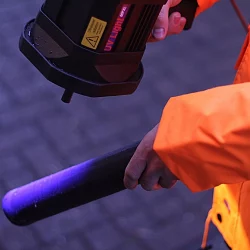

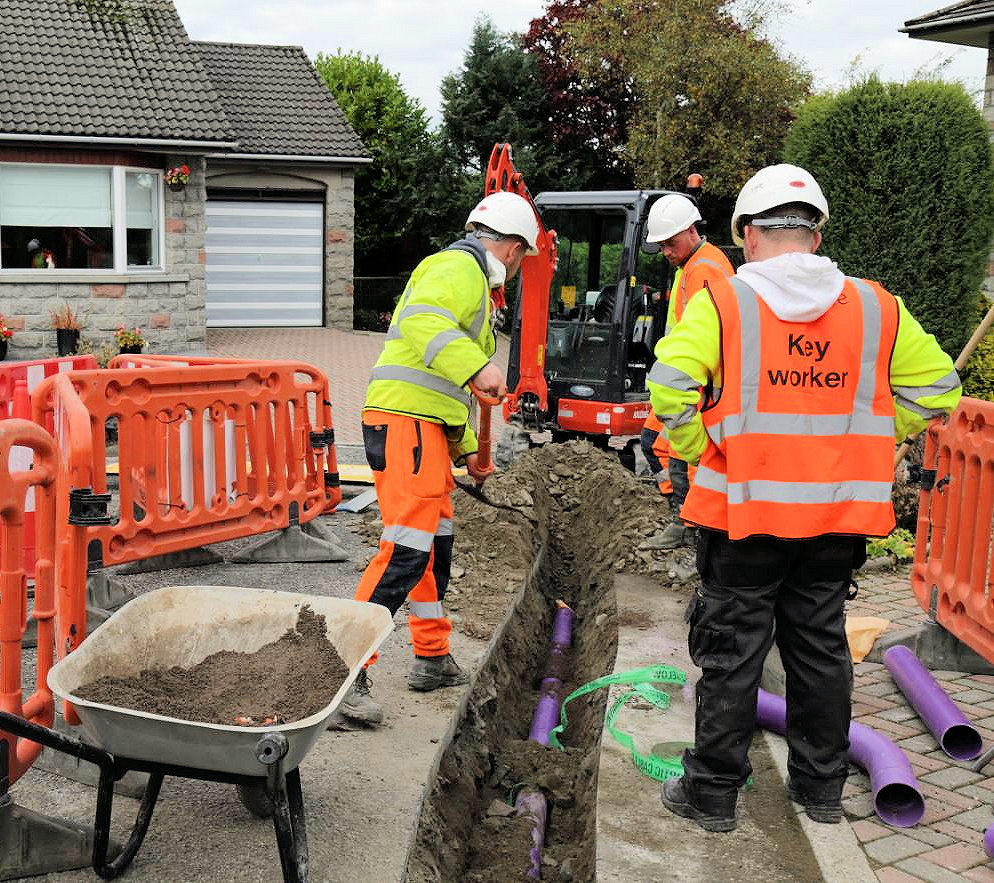

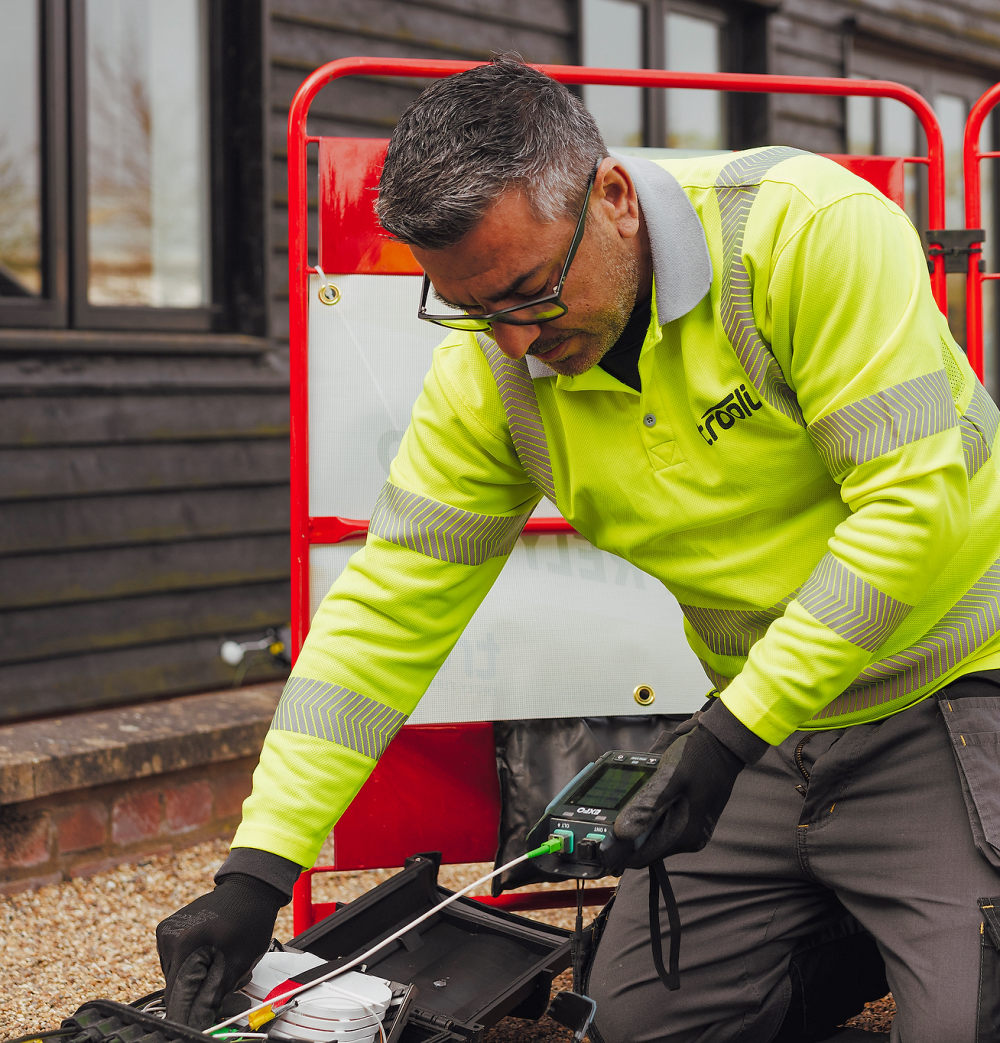
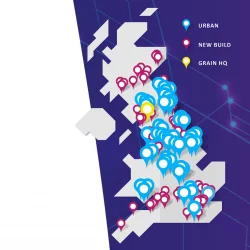











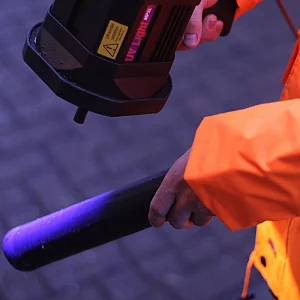
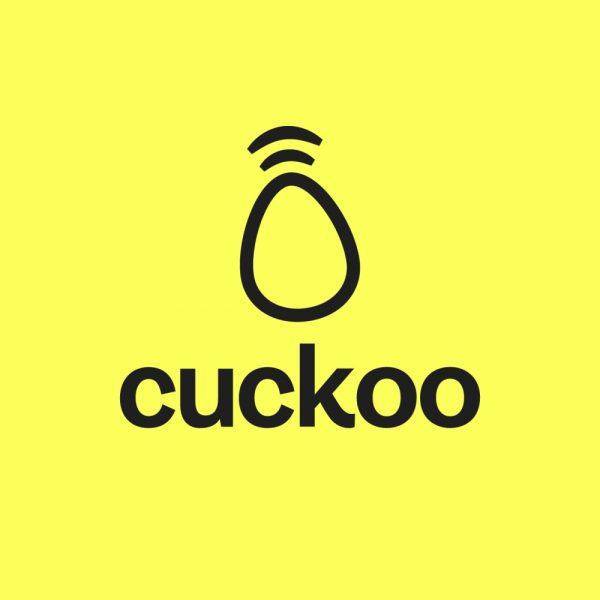
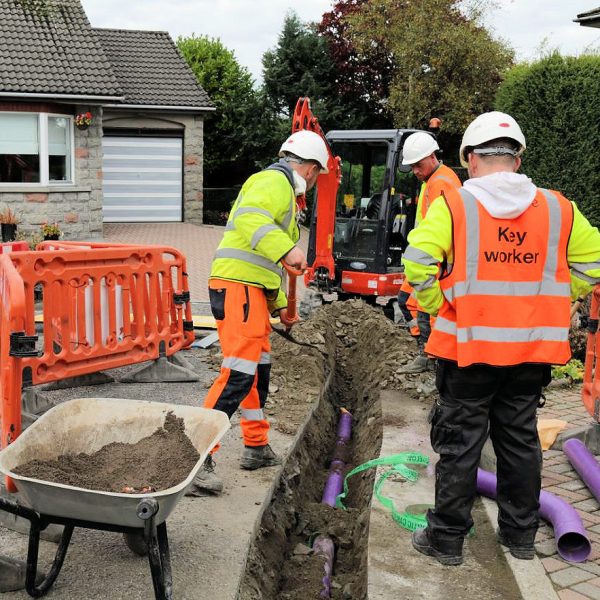

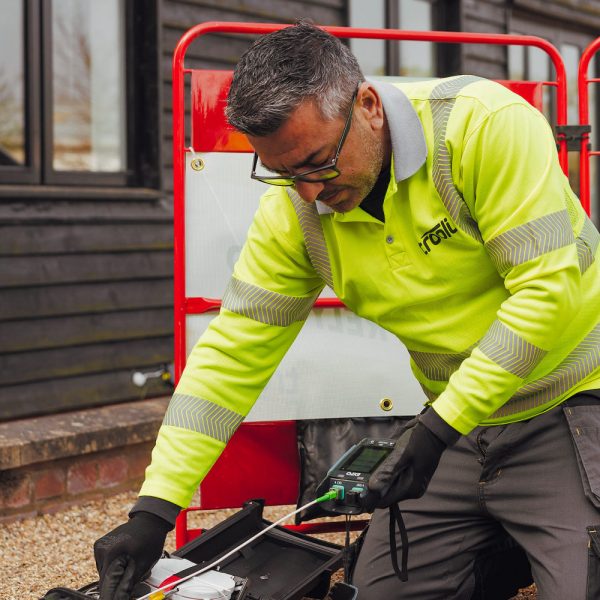


































Comments are closed